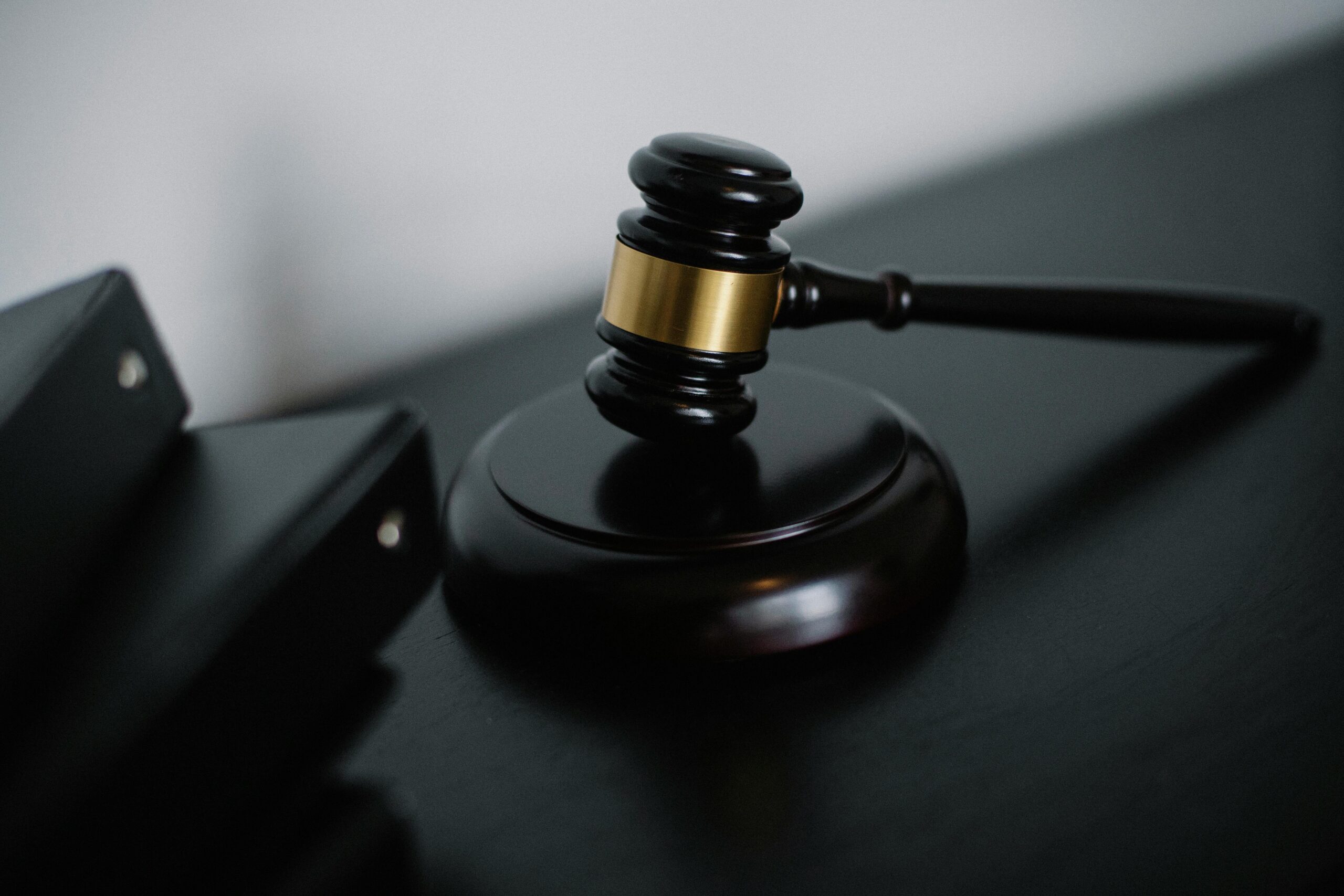Class Action Defense: Key Developments on the Arbitration Front
Gain a better understanding of the key developments on the arbitration front related to class action defense, including the key U.S. Supreme Court rulings shaping the litigation landscape and the main arbitration trends to remain vigilant for on a CLE webinar featuring experienced class action defense attorneys Gerald L. Maatman, Jr. and Eden E. Anderson. Register today!















